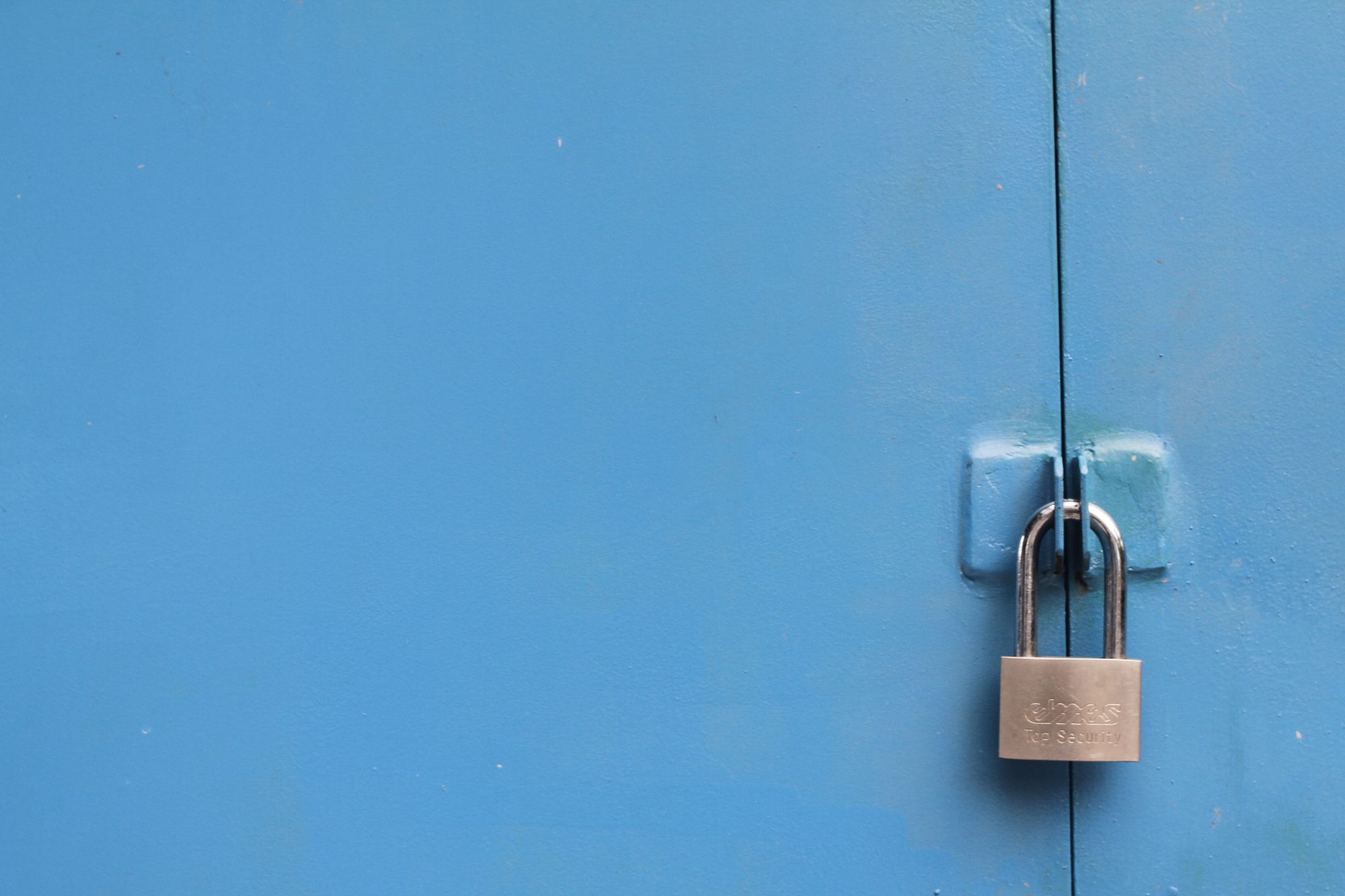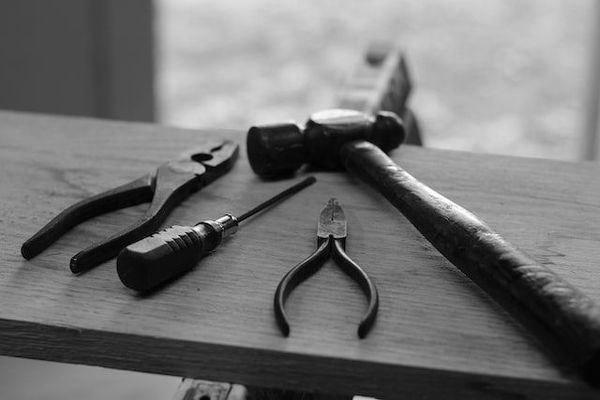Keeping your house safe is a priority for many reasons, including the fact that it can help you score a discount on your home insurance premiums. There are so many different types of locks, this short guide will help you identify which type you have in your home.
Listen to the podcast
Five-lever mortice locks
A five-lever mortice lock is regarded as having a good standard of security, especially when the lock conforms to the correct British Standard (usually BS 3621). A mortice lock requires a key to open and lock it.
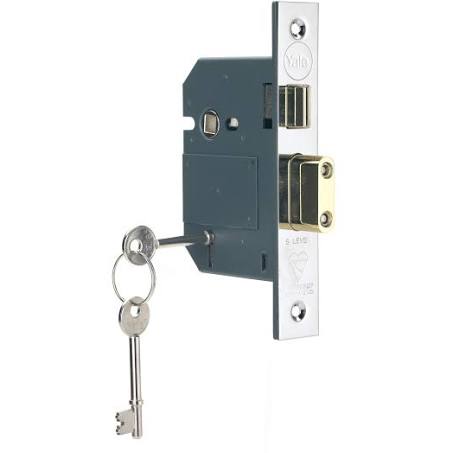
Multi-point locking systems
Some of the most secure locks include multi-point locking systems, in particular SS312 Diamond approved cylinders, which are usually found on uPVC and composite doors. Multi-point locks have a minimum of three locking points that all lock at the same time when you turn the key. For example, a door could lock at key level and bolt the door into the frame at the top and bottom.
If you have sliding patio doors, you may need to install an anti-lift patio lock for increased security to stop the door being lifted off its rails.
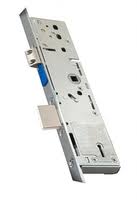
Night latches
While night latches are frequently fitted, some insurance providers may prefer that you use them in conjunction with either a five-lever mortice lock or a multi-point locking system. A night latch is a lock that’s mounted on the surface of the door, instead of being morticed into the edge of the door. Night latches can often be deadlocked.
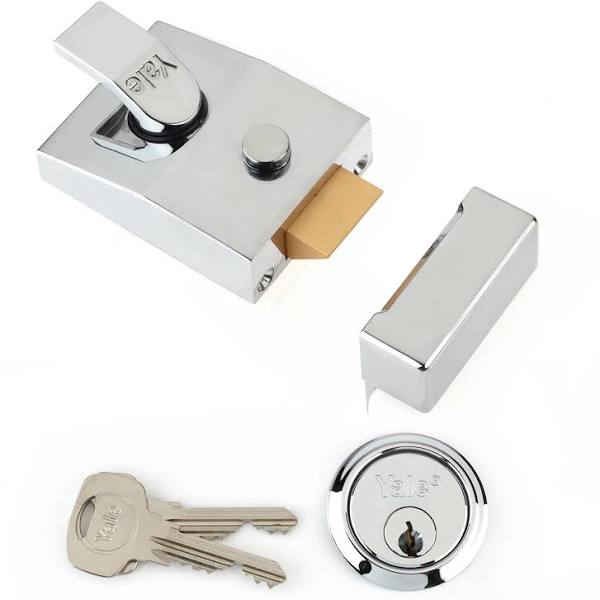
Bolts
Door bolts are a sliding bolt for a locking door, often used at the top or bottom of doors to provide additional security.

Insurance-approved window locks
It’s not all about your doors either, it’s also important to make sure that your windows can be locked securely. Most insurance providers will ask if you have locks on your accessible windows, so it’s a good idea to fit all downstairs windows with an internal lock – and preferably locks that are key operated. The locks are often in the handle itself, especially if you have double glazing. But if you don’t have them, locks can also be fitted to the top or bottom of windows.
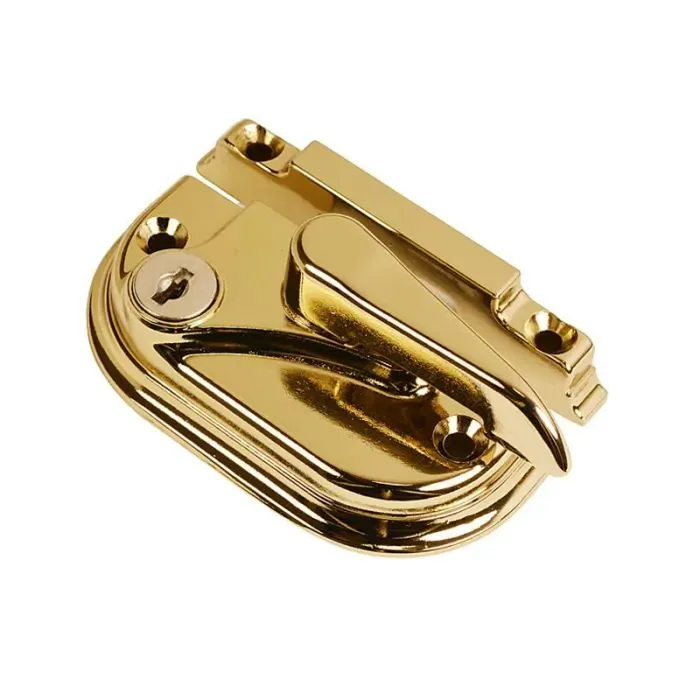
Insurance-approved sliding door locks
If you have French or patio doors, locks could be fitted with a central rail locking mechanism, which you’ll typically see on uPVC types of doors.
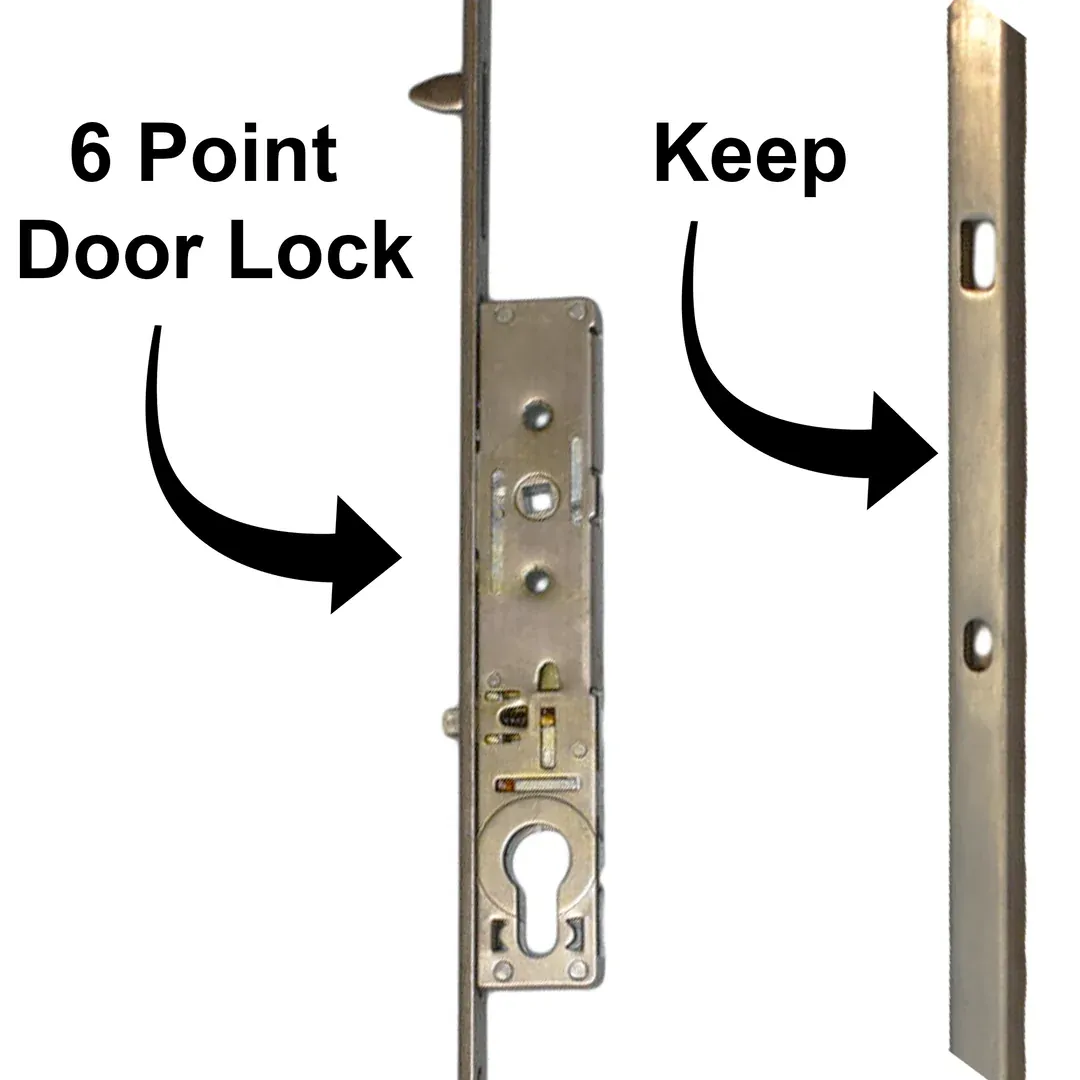
Electronic and digital door locks
With the rise of digital technology and increasing options for security, there are many choices available, which will allow you to secure your home with digital door locks.
Some of which allow you to operate the lock using just your mobile phone, without the need for a physical key.
A smart lock is a great addition for those who are leaning towards a more connected home. Not only can you control your access, you can also monitor who can enter and leave your home when you aren't there. Some models even allow you to assign special privileges to friends or family members.
If you do have one, you should make sure that you keep the door lock apps updated, the passwords secure, and have a PIN enabled.
Electronic door locks or digital door locks don't currently affect your home insurance. Provided they work in conjunction with a mortice deadlock, your front door will be considered just as secure as a standard key-operated lock.
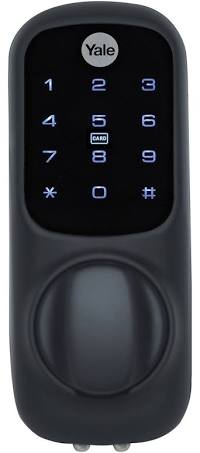
Regardless of which types of doors and windows you’re securing, it’s always important to check the wording and requirements of yourhome insurance policy as they’re likely to differ among insurance providers.
If you’re still unsure what’s right for you, contact the Master Locksmiths Association for advice.
Click or scan to download the Planna app for free and supercharge your home management.


